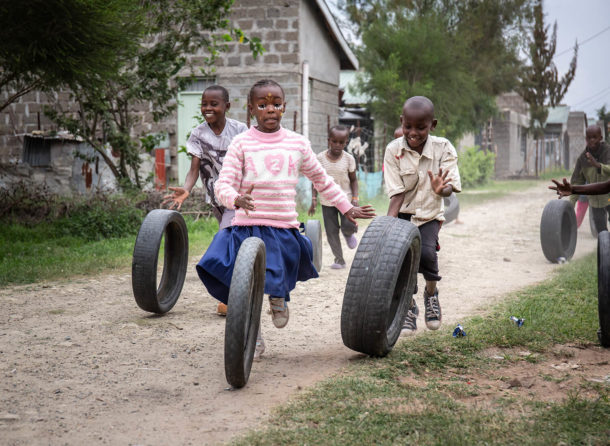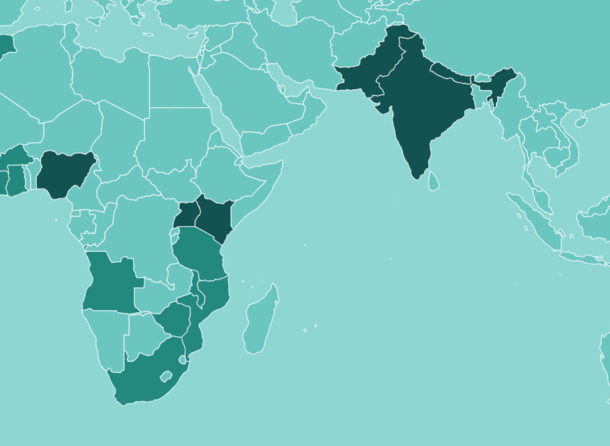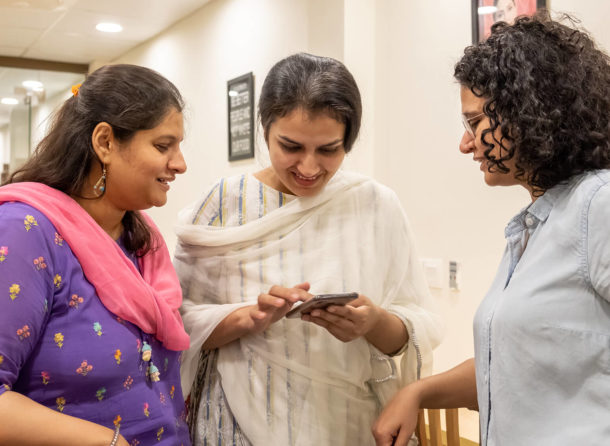
Measuring Change, Shaping Narratives: How MEL Influences Gender Equity
This blog is inspired by a recent Habitat for Humanity webinar, the third in a collaborative series between their Gender Equity Curiosity Collective (GECC) and Reall, where we had the privilege of participating as engaged listeners. We found this session incredibly thought-provoking and a great example of collaborative learning in action.
This session was of great interest to Reall, as it explored the power and politics of Monitoring, Evaluation and Learning, and discussed Habitat for Humanity’s recently drafted Gender Equity Indicators. As we are currently refining our own tools and approaches to MEL, we are eager to learn from these discussions!
MEL plays a crucial role in shaping gender equity outcomes. The way we collect, analyse, and interpret data directly impacts how gender disparities are identified and addressed; gender-disaggregated data helps uncover systemic barriers, highlight lived realities, and inform solutions that work for everyone. beyond data collection, MEL should also act as tool for challenging inequities, amplifying marginalised voices, and driving real accountability in housing and development.
The Politics of Knowledge: Who Gets to Tell the Story?
MEL (Monitoring, Evaluation, and Learning) or MEAL (Monitoring, Evidence, Accountability and Learning) isn’t just about numbers, it’s about the power of having information, and the power to decide which voices are heard, which stories are validated, and which lessons shape the future.
One item continually highlighted by the Webinar was that Data collection and evaluation aren’t neutral; MEL plays a crucial role in shaping narratives, through conscious choices made in regard to how we collect and present information. Every decision, from who is interviewed to what findings are shared, carries an inherent bias, and to create ethical, accurate and robust knowledge sharing this must be acknowledged.
- Monitoring (M) – Who gets listened to?
- Evaluation (E) – What is considered valid?
- Accountability (A) – What information do we choose to share?
- Learning (L) – What knowledge do we choose to act on?
When we talk about gender equity in housing, for example, the absence of gender-disaggregated data is itself a political statement, one that reinforces the systemic invisibility of women’s experiences. To drive meaningful change, we must critically examine whose stories are told and whose realities remain unseen.
At Reall, as we refine our approach to MEL, we are exploring these critical questions: How can we use MEL to learn, not just from success, but from failure? How can we use existing projects such as the Open Access Initiative to democratise knowledge? And how do we ensure ethical storytelling?
The Ethics of Storytelling: Beyond the Data
MEL is about people. As Habitat for Humanity’s Elisa Martinez highlighted in the webinar, ethical storytelling requires us to:
- Explore different standpoints: Whose perspective is being centred? Whose is missing?
- Recognise intersectionality: Gender, class, race, disability, and other factors shape experiences.
- Honor multiple ways of storytelling: Using diverse methodologies to extract different types of data
- Contextualise: A data point means little without understanding the lived reality behind it.
- Acknowledge responsibility: Having knowledge demands action and advocacy.
At Reall, we are committed to avoid extractive data practices; we want to ensure that the voices we elevate are accurate, timely, and reflective of lived experiences.
Learning from Success and Failure
MEL often focuses on impact measurement, but it’s true value lies in learning. Too often, failures are buried while “positive” results are shared. Yet, progress in housing and gender equity requires an understanding of what doesn’t work, why, and how we can improve.
That’s why programmes such as the Open Access Initiative are so critical. By making our data transparent, we hope to democratise knowledge, allowing practitioners, policymakers, and communities to learn from both our successes and setbacks.
Additionally, as we update our MEL framework, we are connecting this work with learnings from the UKRI-funded Accelerated Knowledge Transfer initiative last year. Integrating insights from multiple sources strengthens our approach and helps ensure we are building a more inclusive, informed, and impactful MEL system.
The Path Forward
As we refine our MEL approaches, we’re asking ourselves:
- How do we ensure that MEL serves communities and funders?
- How can we use data to advocate for systemic change, rather than just report outcomes?
- What role does MEL play in providing a voice to the people whose lives it seeks to improve?
These aren’t easy questions, but they are necessary ones. The power of MEL lies in its ability to challenge the status quo, elevate marginalised voices, and drive meaningful change. If we get it right, MEL can be a force not just for measurement, but for justice.
Written by Reall’s Monitoring, Research and Evidence Co-ordinator, Hannah Robinson and edited by Programme Lead – Data and Evidence, Ben Atkinson
Read more stories
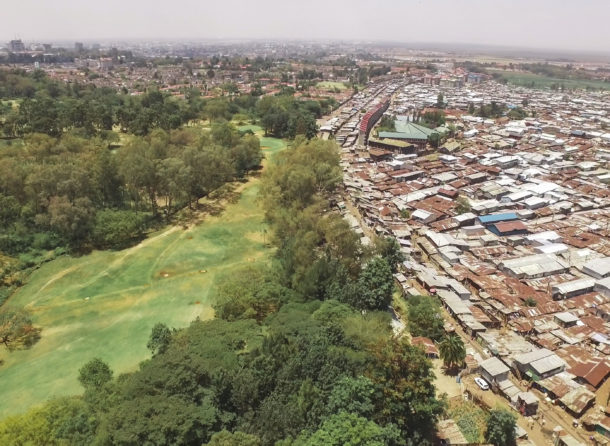
How Affordable Homes could help solve the global climate crisis
The United Nations climate summit, COP25, starts today in the Spanish city of Madrid where climate leaders will push to scale up action and investments into rapidly reducing global greenhouse gas emissions and support broader sustainable development agendas, specifically addressing …
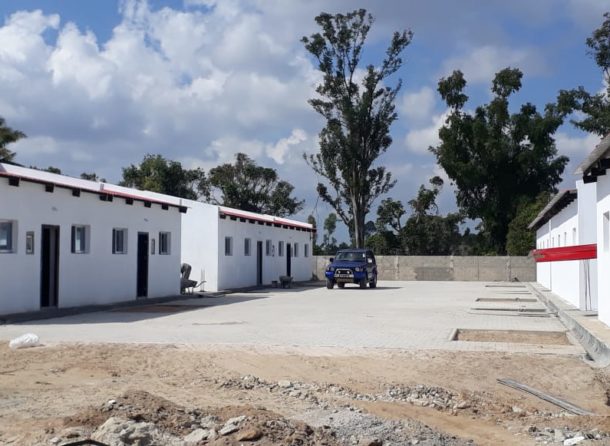
Celebrating affordable housing in Beira
The ribbon-cutting ceremony was attended by Reall’s Director of Investment and Operations Patrick Domingos-Tembwa, Mayor of Beira Daviz Simango and Casa Real Director Marie Odile. The celebration was particularly poignant as these homes managed to withstand the destruction of Cyclone…
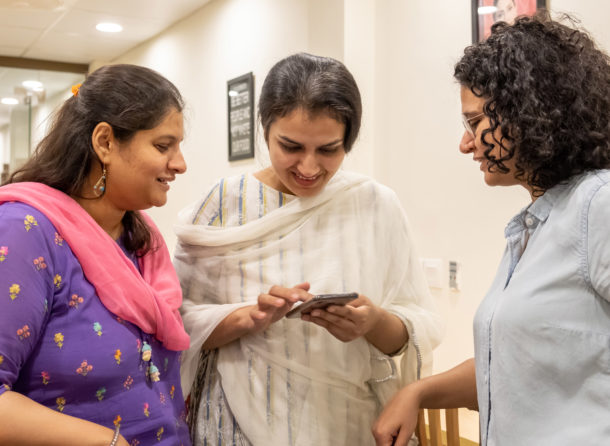
New Partnership: Syntellect
Reall are delighted to be partnering with India-based technology firm, Syntellect. Syntellect are committed to giving unbanked people the opportunity to access mortgage finance across Africa and Asia. Syntellenct has created RightProfile, a customer profiling platform designed to help lenders …
